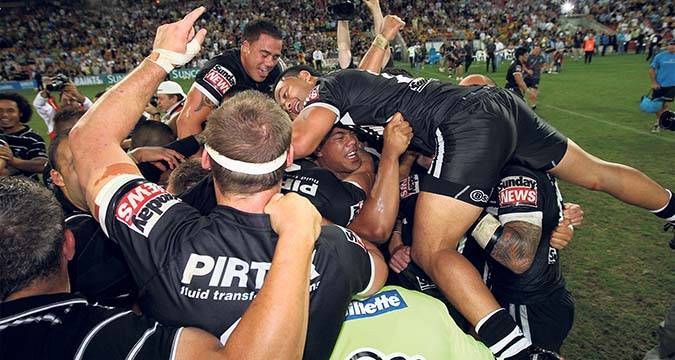 In last week's issue we began our countdown of the 50 historic highlights that have marked the progress of the Rugby League World Cup.
There have been eight trophies, the most famous of which went missing for twenty years.
Gaps between World Cup Finals have ranged from two years to eleven.
Our first article began with the origins of the to
In last week's issue we began our countdown of the 50 historic highlights that have marked the progress of the Rugby League World Cup.
There have been eight trophies, the most famous of which went missing for twenty years.
Gaps between World Cup Finals have ranged from two years to eleven.
Our first article began with the origins of the to Rugby League World Cup’s 50 historic highlights – Part Two
 In last week's issue we began our countdown of the 50 historic highlights that have marked the progress of the Rugby League World Cup.
There have been eight trophies, the most famous of which went missing for twenty years.
Gaps between World Cup Finals have ranged from two years to eleven.
Our first article began with the origins of the to
In last week's issue we began our countdown of the 50 historic highlights that have marked the progress of the Rugby League World Cup.
There have been eight trophies, the most famous of which went missing for twenty years.
Gaps between World Cup Finals have ranged from two years to eleven.
Our first article began with the origins of the to 